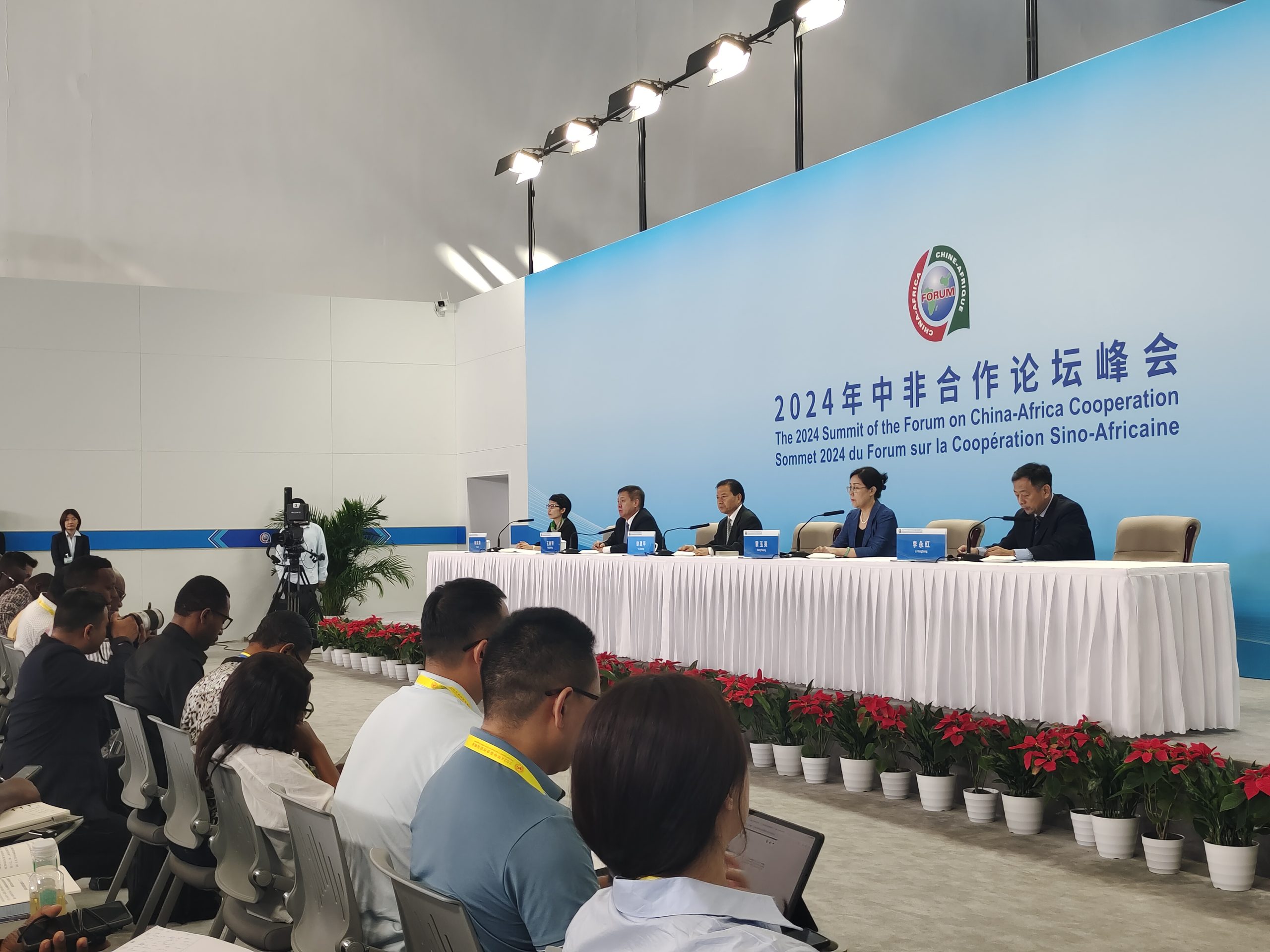The People’s Republic of China has expressed a firm commitment to provide increased assistance to African countries in their battle against climate change.
Speaking at a media briefing ahead of the 2024 Summit of the Forum on China-Africa Cooperation (FOCAC) in Beijing, Chinese government officials affirmed that Beijing is prepared to support continental efforts to mitigate the effects of climate change and combat vulnerability to the impacts of changing weather patterns.
Acknowledging that both China and Africa have been significantly affected by climate change, Mr. Li Yonghong, Deputy Director General of the Foreign Environmental Cooperation Center at China’s Ministry of Ecology and Environment, reiterated China’s commitment to offering assistance. He emphasized that climate change is a global phenomenon that requires collective action to overcome.
Mr. Li pointed to China’s active response to climate initiatives in Africa as evidence of this commitment. He cited the Declaration on China-Africa Cooperation on Climate Change, which established a strategic cooperative partnership between China and Africa on climate change.
“In the context of climate change mitigation and adaptation projects, we have provided a variety of assistance, including satellite systems, meteorological satellite mobile receiving stations, solar photovoltaic power stations, more than 3,000 solar LED street lights, more than 20,000, solar photovoltaic power generation systems (25,550), nearly 20,000, energy-saving air conditioners, more than 800,000 LED energy-saving lamps, have been issued,” said Mr. Li.
According to Mr. Li, these initiatives have effectively supported the capacity-building efforts of African countries to adapt to climate change.
China has signed 19 Memoranda of Understanding with 17 African countries on South-South cooperation on climate change, including an agreement on the construction of low-carbon demonstration zones in selected countries on the continent.
Additionally, more than 400 officials, experts, and technicians from African countries in the field of climate change have participated in workshops in China to enhance their skills and knowledge on the subject.
Mr. Li also highlighted China’s proposal last year for the “African Light Belt” project, which aims to promote South-South cooperation on climate change in Africa. The project focuses on harnessing the continent’s photovoltaic resources and addressing clean energy development needs.
“Through material assistance, exchanges and dialogues, joint research, and capacity building, China and Africa will establish a demonstration belt for cooperation in the utilization of photovoltaic resources to help African countries overcome their electricity difficulties,” explained Mr. Li.
Looking ahead, Mr. Li stated that China will continue to strengthen communication, coordination, and practical cooperation with African countries to enhance their capacity to address climate-related issues. Importantly, China will advocate for a fair global climate governance system.
China will prioritize adherence to the objectives, principles, and institutional arrangements of the United Nations Framework Convention on Climate Change and the Paris Agreement. Mr. Li emphasized that Beijing stands for the interests of developing countries and the effective implementation of the Paris Agreement for the benefit of the continent.





